 On 3rd and 4thOctober, the bilateral meeting for scientific cooperation between INFN, represented by the President, Fernando Ferroni, and by the Executive Committee, the Department Of Energy (DOE) and the National Science Foundation (NSF) was held in Washington. The meeting provided the opportunity to discuss in detail and in an informal manner research activities involving the collaboration between Italian and US physicists. In this edition, the topics addressed were: neutrino physics at Fermilab and, in particular, the Icarus project, coordinated by Nobel laureate Carlo Rubbia; the collaboration between Virgo and LIGO in the study of gravitational waves and the future prospects with surface, underground and space detectors; the experiments based at the INFN Gran Sasso National Laboratory (LNGS) with US participation, in particular for the search for dark matter and for neutrinoless double beta decay; LHC and computing; research in the nuclear physics field and, in particular, the collaboration with the Jefferson Laboratory.
On 3rd and 4thOctober, the bilateral meeting for scientific cooperation between INFN, represented by the President, Fernando Ferroni, and by the Executive Committee, the Department Of Energy (DOE) and the National Science Foundation (NSF) was held in Washington. The meeting provided the opportunity to discuss in detail and in an informal manner research activities involving the collaboration between Italian and US physicists. In this edition, the topics addressed were: neutrino physics at Fermilab and, in particular, the Icarus project, coordinated by Nobel laureate Carlo Rubbia; the collaboration between Virgo and LIGO in the study of gravitational waves and the future prospects with surface, underground and space detectors; the experiments based at the INFN Gran Sasso National Laboratory (LNGS) with US participation, in particular for the search for dark matter and for neutrinoless double beta decay; LHC and computing; research in the nuclear physics field and, in particular, the collaboration with the Jefferson Laboratory.
.
You might also be interested in
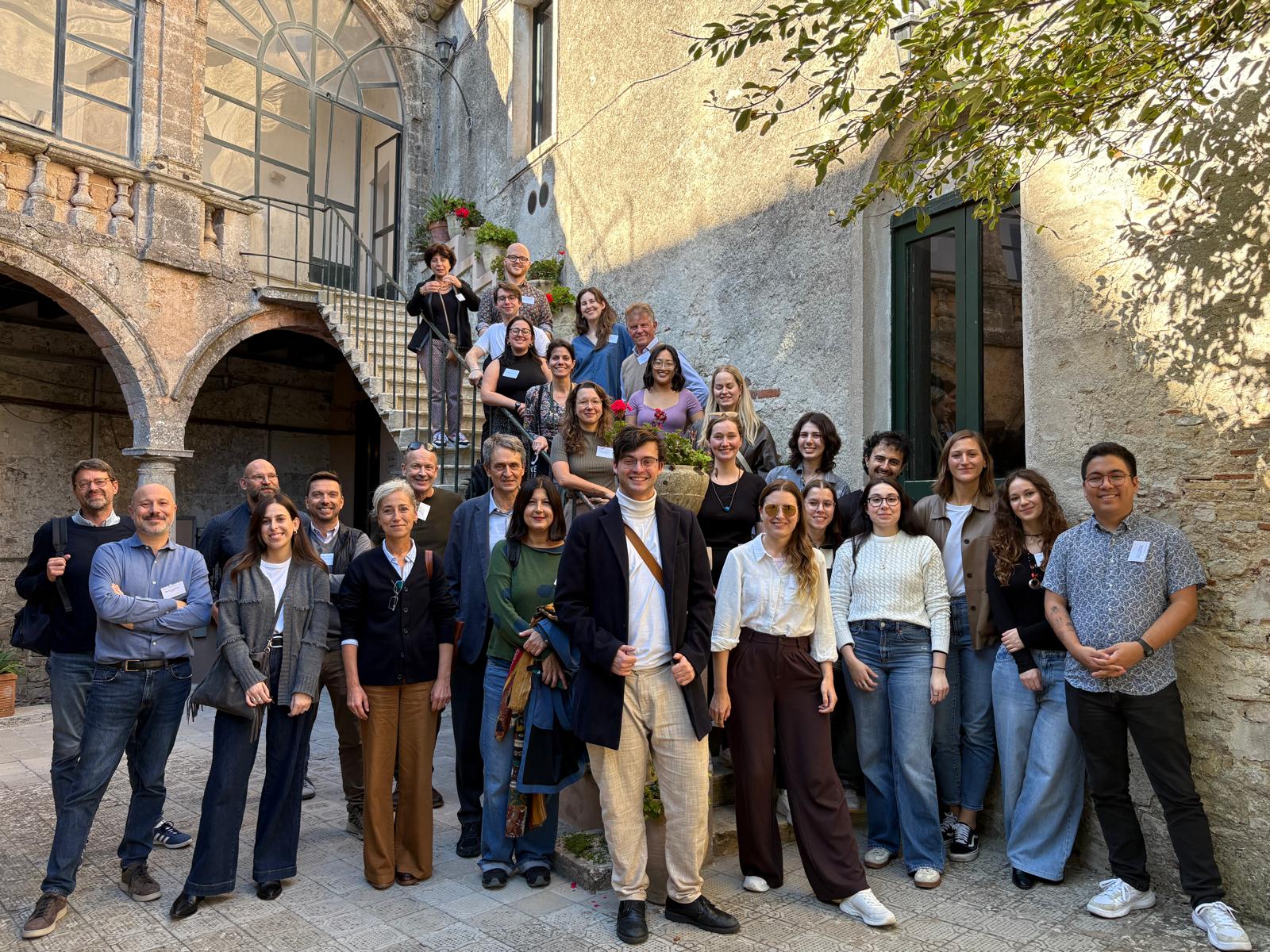
ORIGINS. Exploring Science Communication and Journalism
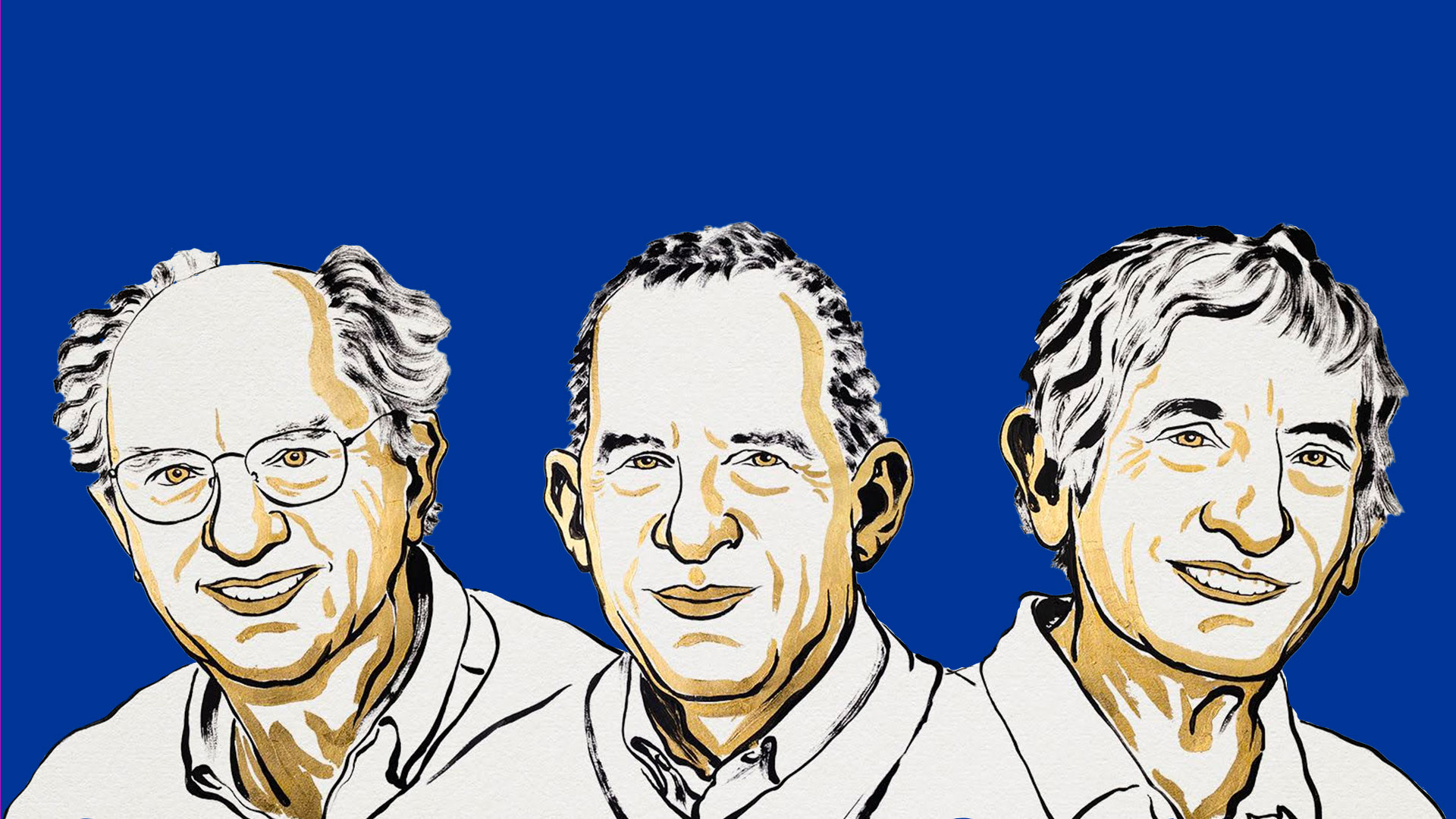
Nobel Prize in Physics 2025: congratulations to John Clarke, Michel H. Devoret and John M. Martinis
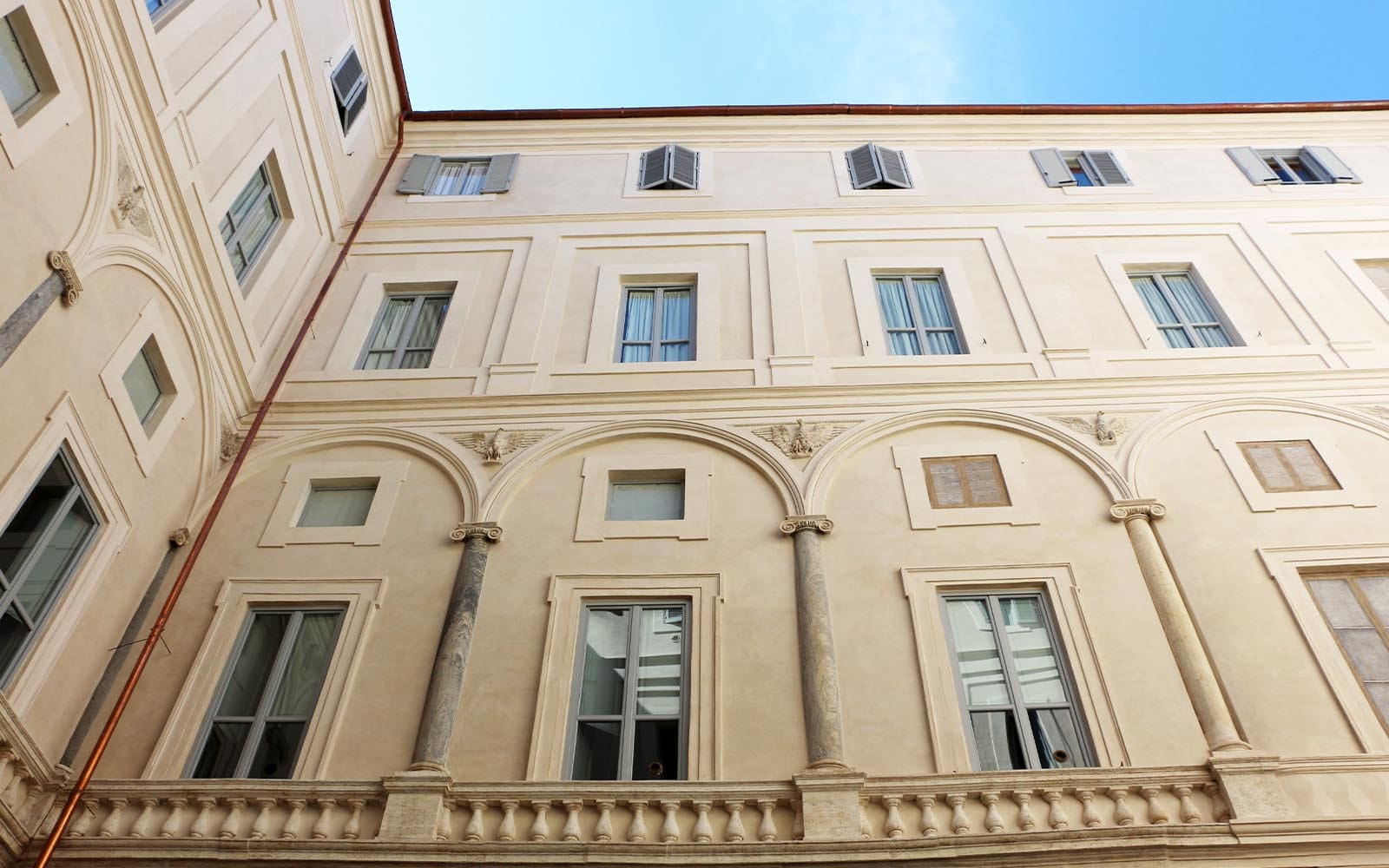
INFN statement in support of peace in Gaza and commitment to scientific diplomacy
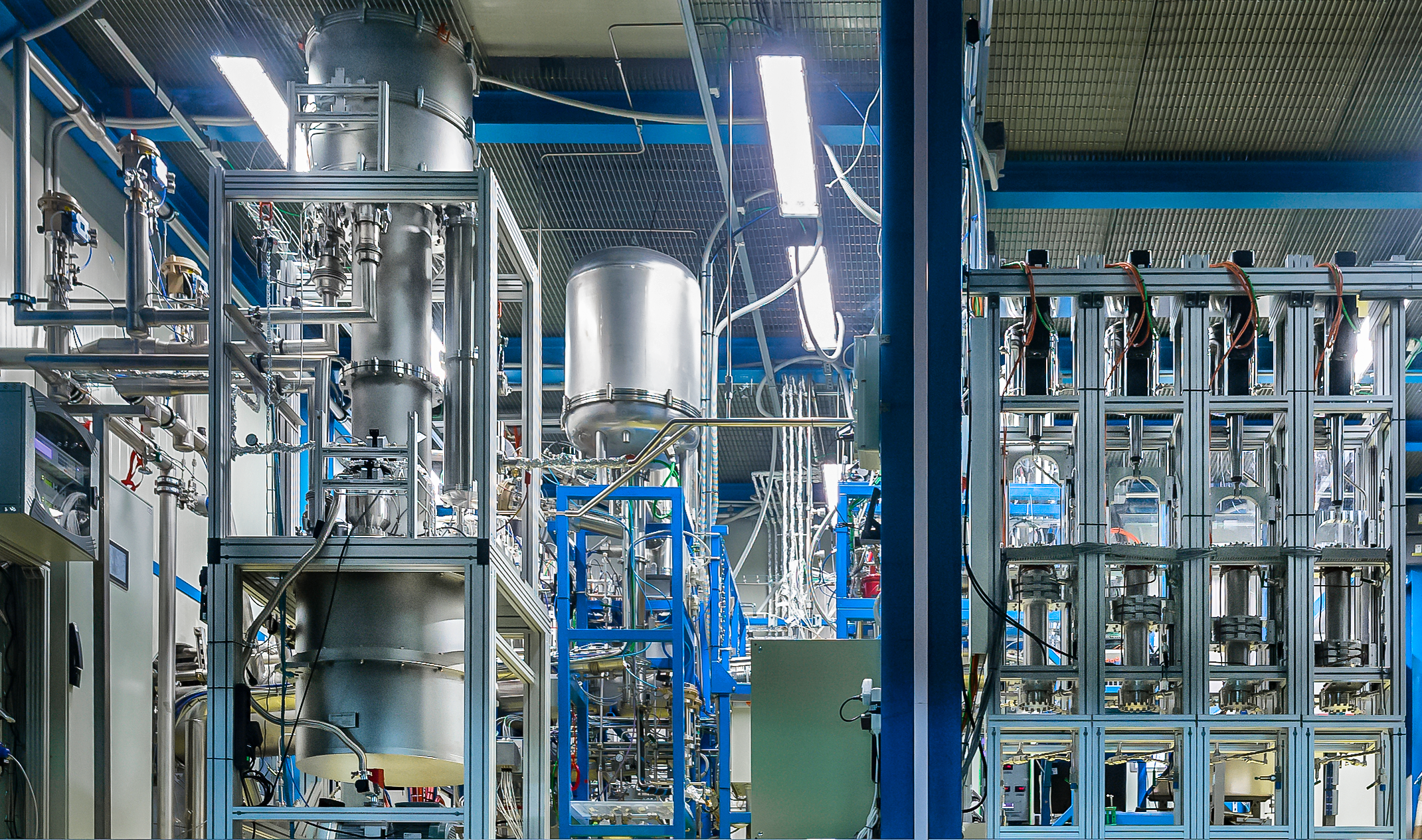
XENONnT: record levels of purity achieved in the search for dark matter
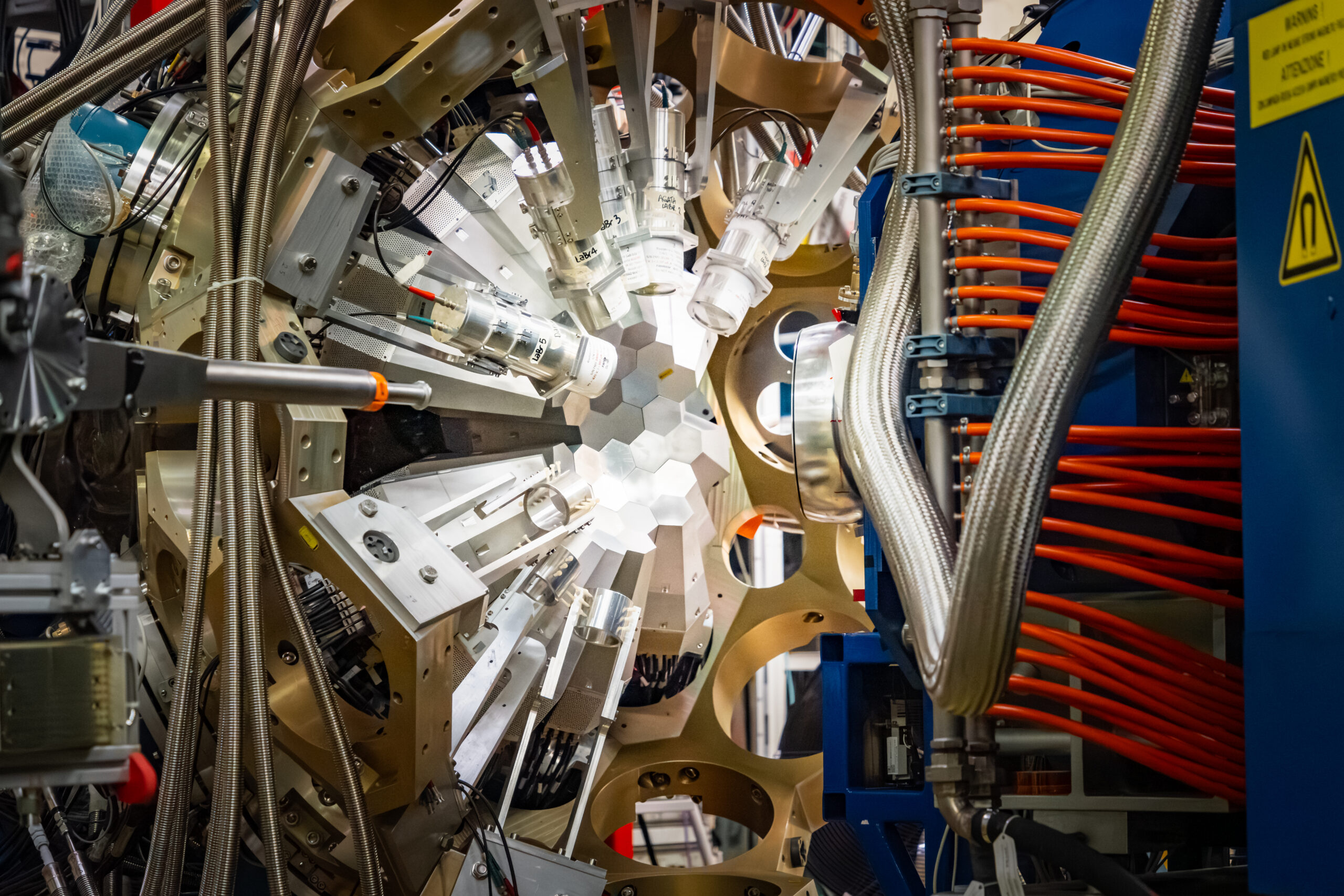
Physics Photowalk 2025: the ten pictures on the Italian podium
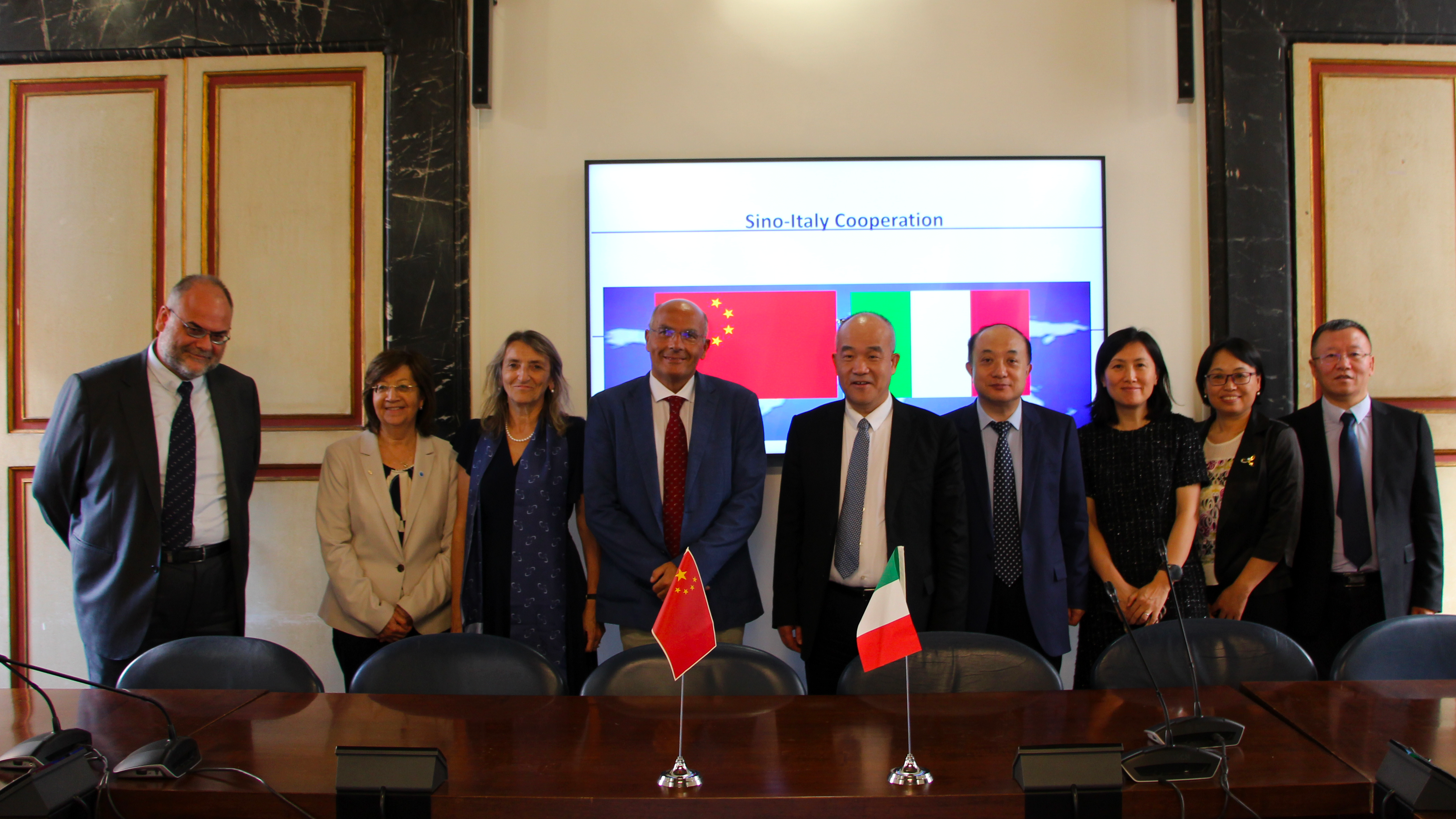
Italy-China: important bilateral meeting between NSFC and INFN
26 September 2025
Read more Italy-China: important bilateral meeting between NSFC and INFN